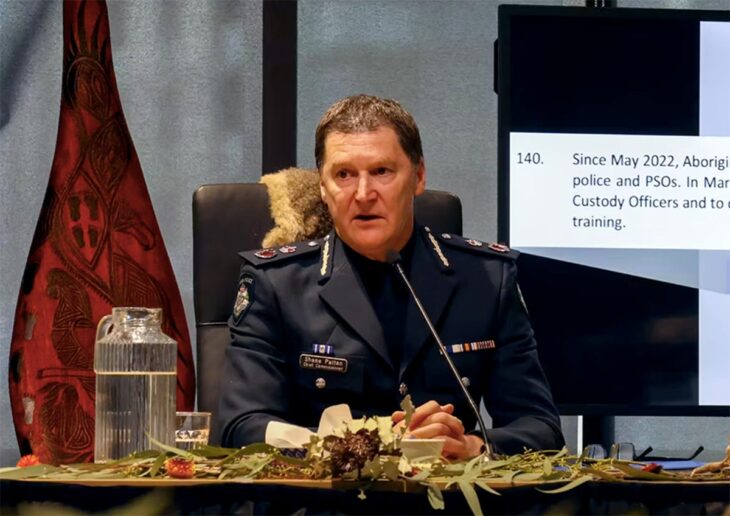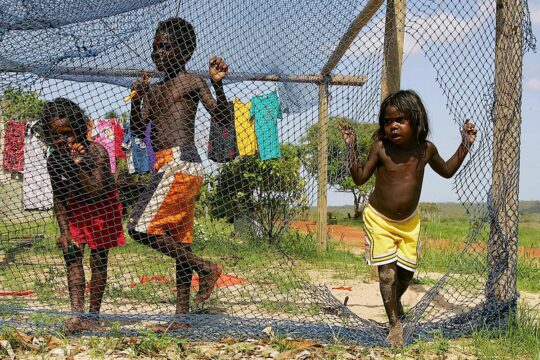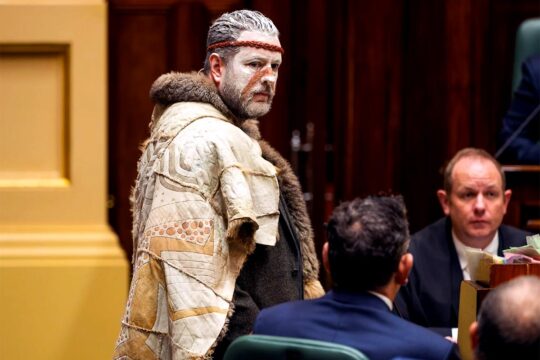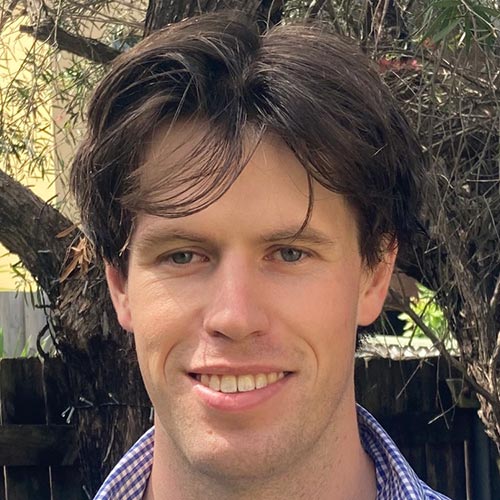Over the last fortnight and till yesterday, on May 15, the Australian ‘Yoorrook’ Commission heard how reform remains slow and tenuous as First Peoples continue to face high levels of incarceration, police racism, a hostile legal system and brutal conditions in youth prisons – 30 years after the Royal Commission into Aboriginal Deaths in Custody.
After hearing from witnesses and victims of the children protection system, public servants and government officers, it was the turn of law enforcement representatives to be confronted by the first truth-telling process into injustices experienced by First Peoples in Victoria, a southeastern state of Australia.
Police apologize and admit racism
Victoria’s highest ranking police officer, Chief Commissioner Shane Patton, appeared before the Commission on May 8 to “formally and unreservedly apologize” for police actions “that have caused or contributed to the trauma experienced by so many families in our jurisdiction.” Patton admitted that Victoria Police continued to cause harm to Aboriginal people and that their policing was “influenced by systemic and structural racism.”
The police apology marked a significant moment for a force which has played a central role in dispossession and removal since the earliest days of the colony. Yoorrook Chair Eleanor Bourke told Patton that “the systemic racism, racist attitudes and discriminatory actions of police of over the last 170 years have been perpetuated with the intent of making us – First Peoples – disappear.” The Commissioners presented Patton with a shield to hang in his office as a “symbol of expectation” that he fulfill his promise of change within the police force.
“It’s not good enough”
The Commissioners questioned Patton over efforts to address racism within the force. Patton said that, after making cultural awareness training for Victorian police officers compulsory in July 2022, as of March, only 12% of officers had completed the training. “It’s not good enough (…) you have apologised for 170 years yet we get 3.5 hours [of cultural awareness training]”, commented Commissioner Sue-Anne Hunter. Commissioner Maggie Walter said that the training modules were “negative and pejorative and do impact on how police officers going out [into the community] then see those people.” In particular, police training documents presented to the Commission included claims that some Aboriginal people consider being part of the “Stolen Generations” [the children who were forcibly removed from their parents] as “the best thing that happened to them,” and that “payback” was a central cultural practice.
The process for making complaints about police behaviour was a particular focus for the Commission. A 2022 report by the Victorian anti-corruption body found that First Peoples were deterred from making complaints due to a “lack of faith in processes.” The same report found that, “in 85% of cases, there was a conflict of interest reported by the investigating officer in relation to matters referred (…) back to the police.” Of complaints made by Aboriginal Victorians, almost half related to assaults and excessive use of force, but not one was substantiated by Victoria Police. The report found that police minimised the seriousness of these allegations and failed to adequately communicate with complainants.
Patton told Yoorrook that, despite earlier opposition, he and the Victorian police were now open to independent oversight. The Victorian Attorney-General, Jaclyn Symes, told the Commission that the government would “have conversations” about a new complaints model, but was unable to commit to anything more.
Over-incarceration of First Peoples
On the same day it was announced, on Monday May 15, that an Indigenous man had died in custody in Victoria, Corrections Minister Enver Erdogan came before the Commission to account for ballooning levels of Aboriginal incarceration and the role of prisons in entrenching the systemic injustice faced by Victorian First Peoples.
The government’s submission detailed drastic rises in rates of incarceration. In the decade to June 2020, the number of Aboriginal people in Victorian prisons increased by 148%, compared to 58% for the general population. Over the same period, there was a 560% increase in First Peoples entering prisons unsentenced versus 310% for others.
Chair Eleanor Bourke, reacting to Erdogan’s apology, said that over-incarceration “is the product of deliberate policy choices made by governments and politicians, knowing the harm their choices make. These choices insult the contributions of so many of our people who have made numerous recommendations and commitments to do the opposite.”
Earlier, commissioners had expressed frustration at the government’s decision to spend $1.1 billion on the construction of a remand centre, which remains empty despite its completion, while Aboriginal organizations face difficulties in securing small amounts of funding.
Children subject to solitary confinement
Despite calls in 2019 from the Victorian Ombudsman to ban the practice, isolation remains frequent in youth justice centres, exacerbated by ongoing staff shortages. Late last year, whistleblowers at the Melbourne Youth Justice Centre detailed the practice of locking children in their rooms for 22 hours or more per day without human contact. Isolation was “so rampant,” one whistleblower said, that “boys were threatening to kill themselves so they could be put on constant observation, giving them someone at their cell door to talk to.” And in January, Victoria again failed to comply with a deadline to establish an independent detention oversight mechanism in accordance with its obligations under the Convention Against Torture.
Erdogan told the Commission that “isolation should never be used as a form of punishment and only as a matter of last resort.” He said that the opening of a new youth detention centre would go some way to resolving staffing issues faced by his department.
Belated law reform
Since the beginning of the Yoorrook Commission’s inquiries into the criminal justice system, public drunkenness laws, harsh bail provisions and the age of criminal responsibility have stood out as entrenching and perpetuating the systemic injustice faced by Victoria’s First Peoples. Attorney-General Jaclyn Symes was called to the Commission to give evidence and face questioning on the government’s conduct in these areas, and their plans for reform.
“This is the number one pressing issue in my portfolio,” said Symes, underlining her government’s commitment to amending Victoria’s harsh bail laws, which, after they were introduced in 2018, were responsible for drastic rises in the rates of Aboriginal people in prison, and consequent increases in child removals. The government committed to amending the laws in March after they were heavily criticised by the Coroner in a report into the death of Veronica Nelson, who died in police custody while on remand for a minor shoplifting offence.
Symes became Attorney-General in 2020. She accepted that the government was aware in 2018 that the prison population would increase as a result of the laws, but argued that, at that time, “the community expected government to act with force,” in response to a violent incident which prompted the bail crackdown. This experience, in which the views of Aboriginal organisations were ignored in favour of a popular ‘tough-on-crime’ approach, prompted the Commission to ask: “How can the Aboriginal community be protected against this sort of decision-making in the future?”
Almost 30 years after it was recommended by the 1991 report of the Royal Commission into Aboriginal Deaths in Custody, the Victorian government in 2020 took steps to repeal public drunkenness legislation after another Coroner’s report, in this instance into the 2017 death in custody of Tanya Day. The long-awaited reforms faced delays amid opposition from the Police Association, who described the repeal as “dangerous virtue-signalling.” Symes described the decision to delay the implementation as “something I wasn’t particularly proud of.”
The laws are now scheduled to be repealed in November and to be replaced with a health-led response. While the government’s submission noted the “frustration” caused by delays, Symes lauded the repeal as “a direct response to Aboriginal stakeholder advocacy.” Despite support from Police Commissioner Patton, the laws have faced resistance from the opposition and sections of the media. Minister Erdogan himself spoke to the Commission of the difficulties faced in liberalising criminal justice provisions: “It’s very easy for opportunistic people to shift public sentiment on these [law and order] issues but I think (…) embedding systems which empower Aboriginal people and seeing that actually works and leads to better outcomes is the best demonstration, so that we have the proof to show people that this works.”
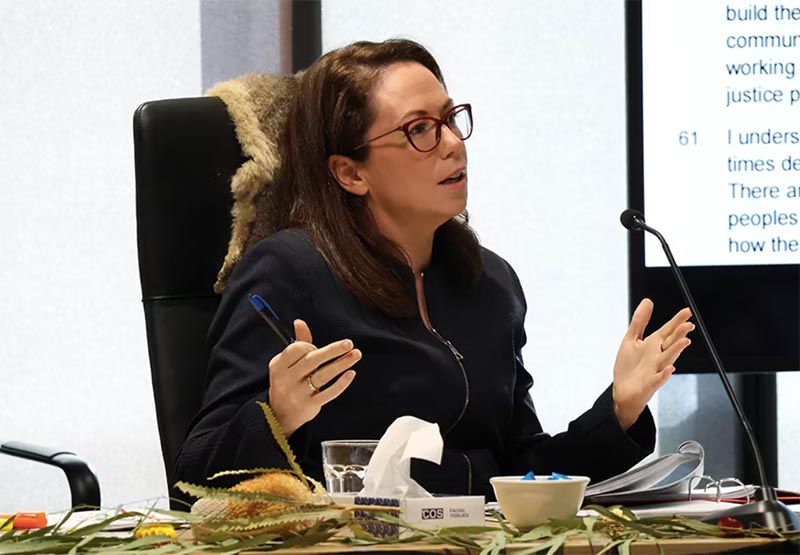
Reaching international standards… in 2027
On the issue of the age of criminal responsibility, Symes admitted that the government had “fallen short of expectations” by announcing a staged response under which the age will be raised from 10 to 12 in 2024, and to the international standard of 14 in 2027, after the next state election. Under questioning from Commissioner Travis Lovett, Symes admitted that principles of Aboriginal self-determination had not been applied.
Commissioner Sue-Anne Hunter said that the delay “is really contrary to the advice of Aboriginal organisations, legal and medical professionals in child development (…) it’s Aboriginal children that are most likely to be affected by this.” Further, the Commission heard that the 2027 commitment will not be included in the legislation to raise the age to 12, leaving the reform vulnerable to changes of policy, political calculation, or a change of government.
Both Symes and the Victorian government in their submission argued that, while justice-based diversion programs were “not ideal” and that childrens’ needs would be better served by “a therapeutic, trauma-informed approach,” justice programs remained necessary in the interim.
While the Commission heard that the government had embarked on significant reforms, doubts remained for the Commissioners. Commissioner Hunter expressed her frustration: “We’ve had recommendations sitting there for 30 years, but it takes the death of an Aboriginal person [for people to] see the impact [laws] have on the community.”
FURTHER TRUTH COMMISSION ANNOUNCED IN QUEENSLAND
As the Yoorrook Commission prepares to deliver an interim report into its current inquiries into the criminal justice and child protection systems in August, the northern state of Queensland passed legislation on May 10 for the establishment of its own truth commission.
Queensland Minister for Aboriginal and Torres Strait Islander Partnerships Craig Crawford said that the “healing inquiry” would investigate “all of the things that happened around colonisation – frontier wars, massacres, everything, all the way up until the present day.”
Community yarning sessions will be conducted until November to help determine the structure and design of the truth commission. The commission is expected to run for three years.


